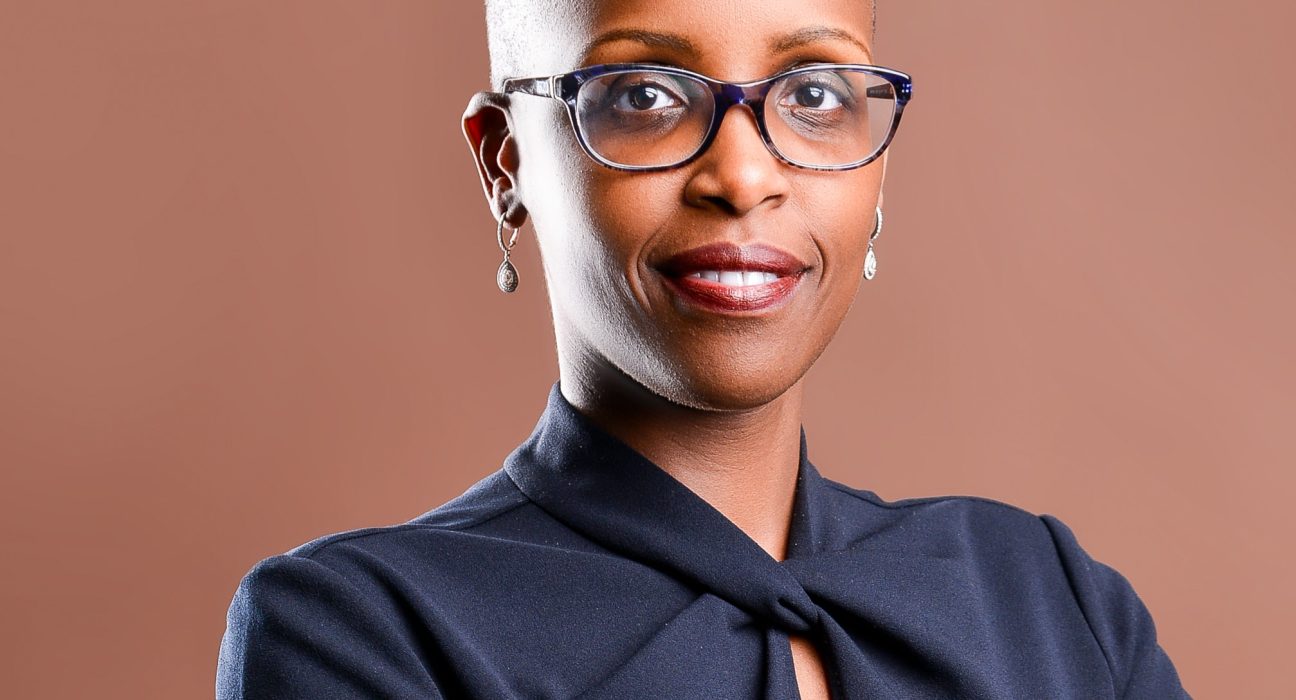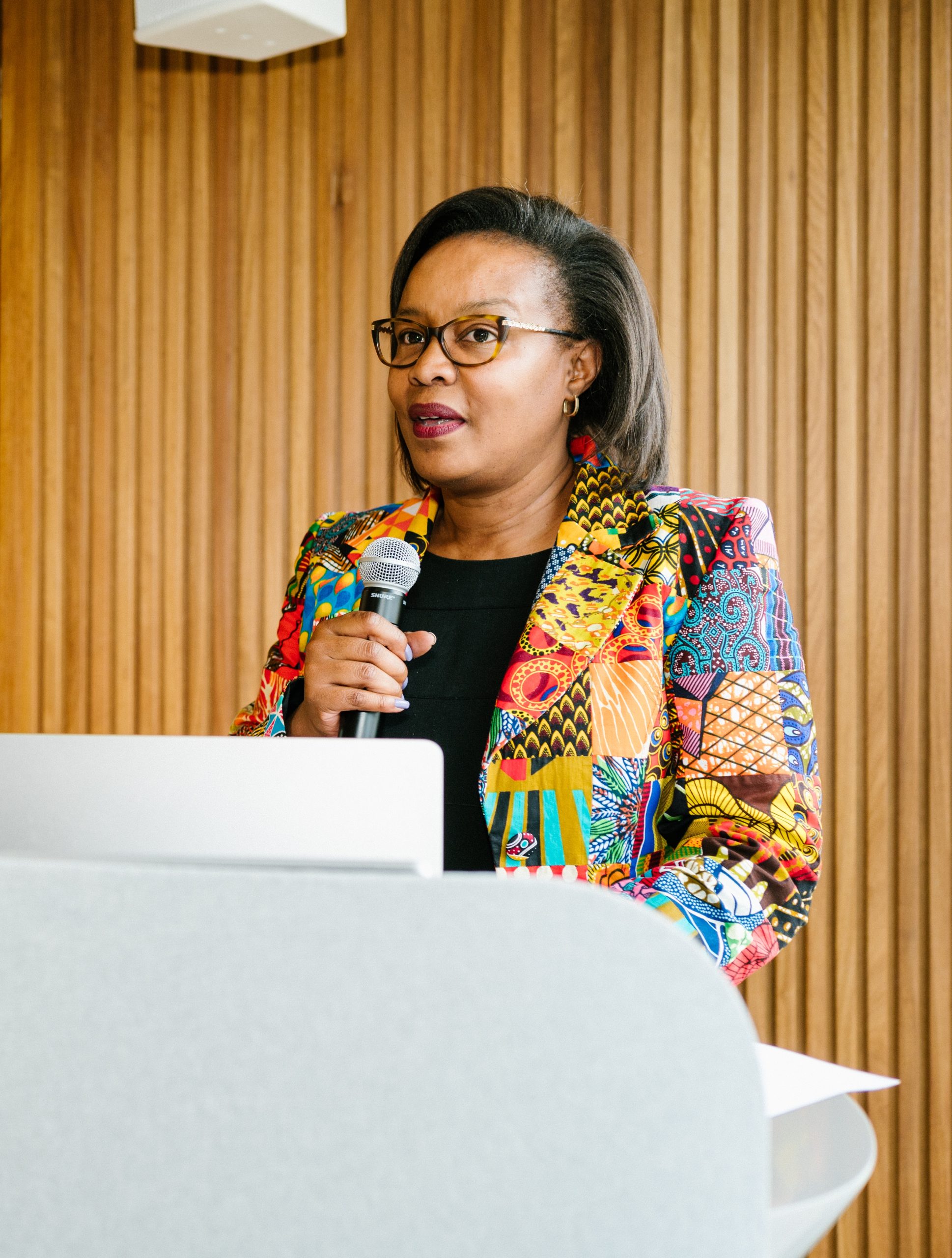By Phyllis Migwi
Artificial intelligence holds the power to radically transform Kenya’s healthcare system, moving beyond patient care to drive economic growth and create a more equitable future, according to an analysis by technology expert Phyllis Migwi.
However, unlocking this potential requires urgent investment in core infrastructure and a skilled workforce to bridge existing gaps.
Migwi identifies the critical lack of reliable electricity and connectivity as a fundamental barrier stalling progress.
She argues that robust datacentres and compute resources serve as the essential fuel for AI’s engine, making them indispensable for universal healthcare adoption.
“The call for transformative advancements in Kenyan healthcare has never been more urgent,” Migwi stated, highlighting the pressing challenge of access for rural and underserved communities.
She points out that nearly one-sixth of Africa’s population lives more than two hours from a public hospital.
The COVID-19 pandemic exposed a dire lack of accessible local healthcare data, which is crucial for training effective AI models.
Reports indicated that data deficiencies led authorities to underestimate excess deaths by a factor of 14.On the solution front, Migwi points to Kenya’s Africa Centre of Competence for Digital and Artificial Intelligence Skilling as a flagship effort to bridge the skills gap.
This program aims to elevate digital literacy for 300,000 public servants.”Strong public-private partnerships are key to bridging the AI skills gap. Governments can’t do it alone, making private sector contributions essential,” Migwi emphasized.
She noted that tech companies are already driving initiatives that connect learning to employment, particularly in underserved regions.
Migwi concludes that overcoming these hurdles will enable AI to streamline every aspect of healthcare, from virtual interactions to intelligent decision-making.
The resulting savings could then be reinvested to make equitable, high-quality care a reality for all Kenyans and catalyze economic growth through a healthier population.
Phyllis Migwi is the Country Manager, Microsoft Kenya.







